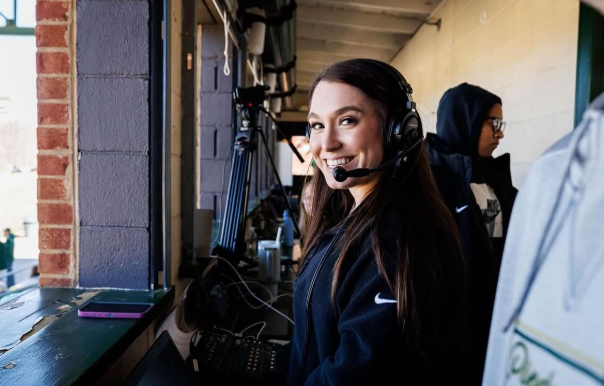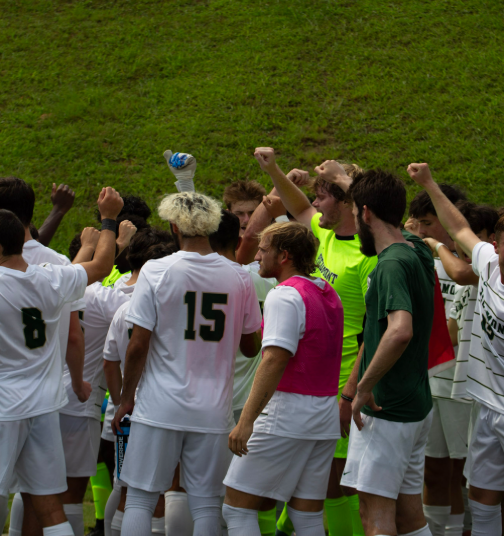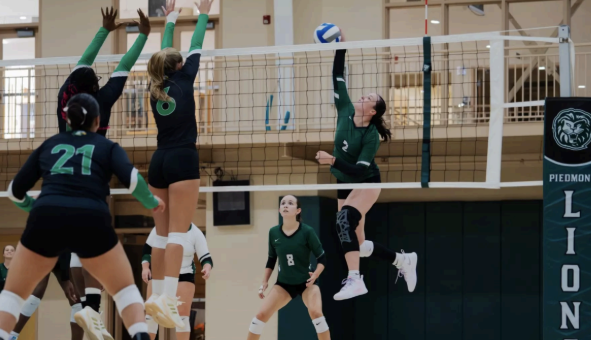Sports are as high-performing as ever before in today’s society. Whether it is Bryce Harper hitting a 450-foot home run, LeBron James throwing down a breakaway dunk, or Tyreek Hill scoring 3 touchdowns a game, sports are as fun to watch as ever before. Unfortunately, with this boost in performance from these athletes, injury rates have skyrocketed in recent years.
When an athlete sustains an injury, their physical fitness takes a hit as they recover. While this is common, the mental side of going through an injury can be just as powerful as the physical. Many athletes experience a lapse in mental strength when going through an injury, and rightfully so.
New Orleans Pelicans Forward Zion Williamson is a recent example of an athlete coping with mental illness as a result of an injury. Williamson was a standout player at Duke before being drafted first overall by the Pelicans in 2019. Since the 2019 season, Williamson has been limited to 117 games played.
Since coming into the league as a rookie, Williamson has suffered a knee injury, a fractured finger, and a foot injury which held him out for his entire third campaign. During this time, Williamson has struggled to maintain his fitness level, with his weight fluctuating between 250 and 300 pounds.
When an athlete is held out of their sport for an extended period, it begins to take a toll on their motivation and mentality. In an article written by sportsinjurybulletin.com, Physiological responses following injury may include negative emotions, reduced confidence, restlessness, and others. The best athletes often battle these mental crutches just as much as the physical component.
If not acknowledged, these symptoms may turn into depression, anxiety, and other forms of mental illness. With the amount of rehabilitation and hard work an athlete puts in to return to normal following an injury, the mental side is often neglected.













